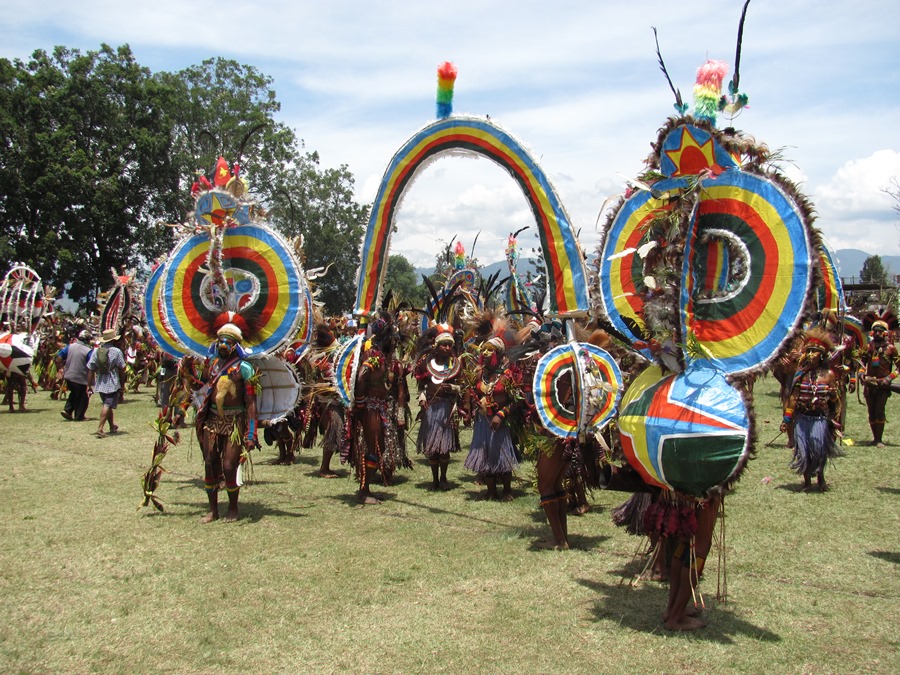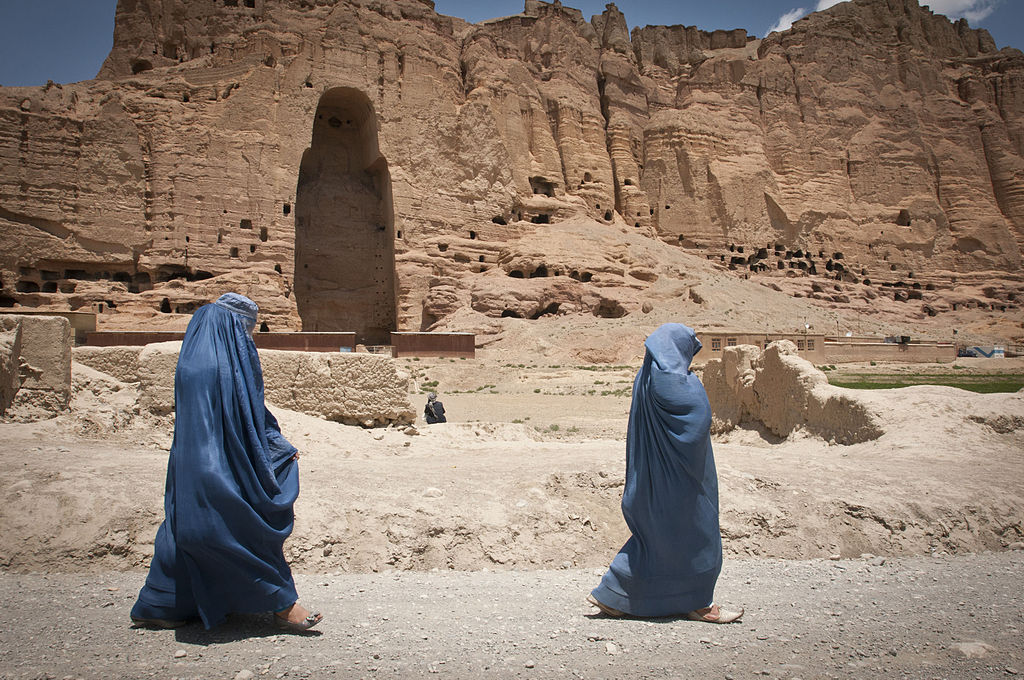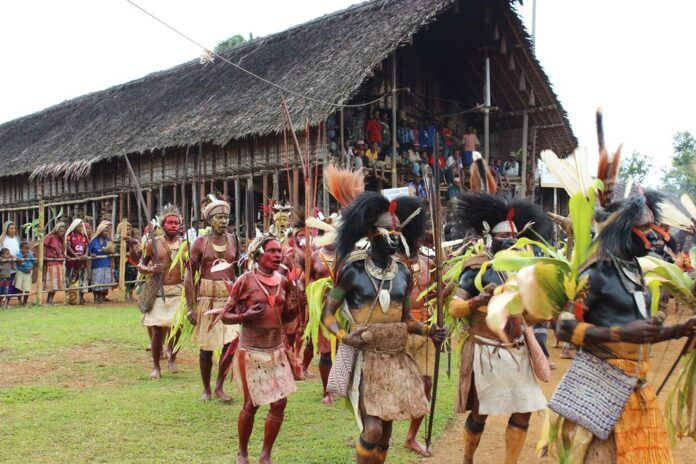Last Friday, 21 May 2021, was the World Day for Cultural Diversity for Dialogue and Development, a day sanctioned by the United Nations as an opportunity to help communities understand the value of cultural diversity and learn how to live together in harmony.
This day should be of special importance to Papua New Guinea as cultural diversity is not just one aspect of this nation, rather I feel it is something that truly defines it.
As Papua New Guineans or even just as people living in Papua New Guinea, this should be pretty obvious. We constantly hear about the amazing number of languages found here (851 according to most recent estimates); we are confronted with diversity when we attend a cultural show, and when we stumble over varying traditions of bride price, making baskets or bilums, hitting a kundu, or mourning a death.

When Papua New Guinea’s independence was being planned, recognition of the roots of that diversity (ancestral traditions) and the importance of maintaining those traditions for future generations was written into the very preamble of the Constitution:
WE, THE PEOPLE OF PAPUA NEW GUINEA –
- united in one nation
- pay homage to the memory of our ancestors—the source of our strength and origin of our combined heritage
- acknowledge the worthy customs and traditional wisdoms of our people—which have come down to us from generation to generation
- pledge ourselves to guard and pass on to those who come after us our noble traditions and the Christian principles that are ours now.
UNESCO’s Convention on the Protection and Promotion of the Diversity of Cultural Expressions (2005) celebrates such diversity and demands its safeguarding and promotion. It is a convention made for PNG, if not about PNG. It is time that Papua New Guinea ratifies this important international agreement.
The convention remains true to UNESCO’s own constitution to promote the diversity of culture, and focusses on the protection and promotion of cultural expressions.
It recognises the:
- equal dignity of all cultures (including minorities)
- protection of cultural property
- promotion of intercultural dialogue
- respect for cultural rights
- formulation of cultural policies to promote diversity
- preservation of cultural heritage, etc.
Respect for human rights and the fundamental freedoms of individuals constitutes the backdrop of the Convention. It recognizes the link between cultural diversity and the full realization of human rights and fundamental freedoms. The Convention contributes towards making “the defence of cultural diversity an ethical imperative, inseparable from respect for human dignity.”
To me, these are all very noble, wonderful things that someone from Papua New Guinea can fully embrace and support.
Sadly, one of the events that spurred the proclamation of 21 May as World Day for Cultural Diversity for Dialogue and Development was a very dramatic and visible display—an absolute intolerance for cultural diversity: the destruction of the Buddha statues in Bamiyan, Afghanistan.
The Taliban destroyed the 1500-year old Bamiyan Buddhas in March 2001. The Taliban had previously banned all forms of images, music, events, etc., that their religious leaders felt were against their beliefs. Statues of Buddha, regardless of their historical importance in the region, had no place in their warped view of Islam, so they had to be destroyed. Not surprisingly, there were outcries from around the world.

And in more recent times, we can remember the images of the destruction of cultural objects in Iraq and Syria by the so-called Islamic State in 2014–15. Again, most of the world watched in disbelief, disgust, and outrage at these intentional acts of cultural terrorism against monuments celebrating human heritage.
Perhaps in PNG we might say that all these actions are far removed from us, taking place on the other side of the planet, brought about by a type of religious fanaticism that we are thankfully unfamiliar with. This could not happen in PNG where we celebrate our tolerance of cultural diversity! Or could it?
In 2013–14 respect for diversity in Papua New Guinea was rocked because the Speaker of our National Parliament at the time removed sculptures that he disapproved of. Such actions were labelled cultural terrorism by some. Some people demanded changes to the Constitution to remove references to PNG’s cultural heritage (such as in the Preamble I quoted earlier) and freedom of religion. Such ideas that are totally un-Papua New Guinean.
Staff at the Tourism Promotion Authority recognised long ago that while diversity is the norm for us, it is key to our attraction for visitors and to our economic development. Slogans such as “Land of the Unexpected” or the current “A Million Different Journeys” focus on that diversity. Who would be attracted to “Land of the Expected” or “Only One Journey”?
Long ago Papua New Guineans learned to co-exist amidst a multitude of cultures, no one saying that they must be adopted, but respecting their right to exist. Cultural diversity is part of what defines Papua New Guinea, regardless of attempts by some to suggest otherwise.
Hence, the UNESCO Convention on the Protection and Promotion of the Diversity of Cultural Expressions deserves our attention, consideration, and eventual ratification. I hope PNG will join New Zealand, Australia, and Samoa as Pacific nations that have ratified this convention. Indeed, PNG itself potentially has much to teach the world about living with such diversity on a day-to-day basis.
Cultural diversity is key to our past, present, and future. We once again have the opportunity to make history and lead events in the region.
Celebrate Papua New Guinea’s riches, our essence, our future, our well-being through our cultural diversity!
Don Niles is Acting Director and Senior Ethnomusicologist of the Institute of Papua New Guinea Studies, a national cultural institution of the National Cultural Commission.

